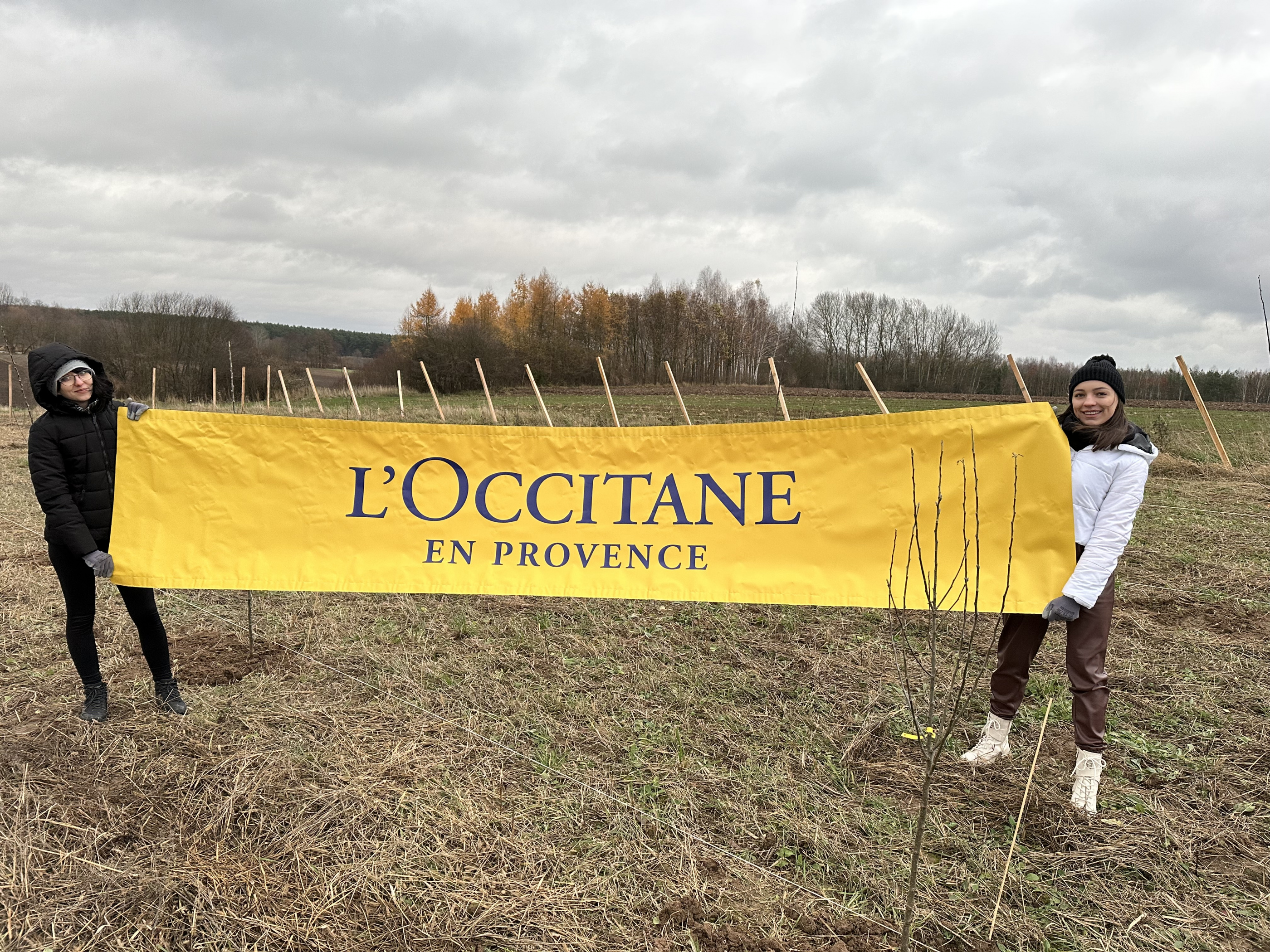Affiliate project - This project is supported by L'OCCITANE en Provence Poland.
Context
On a European scale, sustainable agriculture and food safety are at the heart of concerns with the proposed new European Green Pact. Concerns are growing about food safety, farmers' sources of income, and consumer concerns about health and access to healthy food at a reasonable price... At the same time, the fight against biodiversity loss and the effects of global warming are high on the environmental policy agenda.
On a national scale, Poland has always been an apple empire. In the past, it could pride itself on the number and diversity of local apple varieties, which enriched the biodiverse environment of the Polish countryside.
Unfortunately, over time, more and more foreign apple varieties have come to dominate local orchards, due to rapid mass production and easier farming processes, often involving the use of pesticides. At the same time, Poland still boasts many small farms (with an average size of around 10 hectares) and relatively low-input agriculture compared with the rest of the EU, creating good starting conditions for the development of sustainable family farming and the restoration of biodiversity in rural areas.
The trend is towards a “return to the land”, with the percentage of rural dwellers slowly increasing, as some families seek healthier living conditions, particularly with young children, and move away from major urban centers, or even start farming “from scratch”.
Supported Project
From 2024-2025, L'OCCITANE en Provence Poland is committed to supporting the AgriNatura project, which aims to restore traditional Polish orchards with high-growth trees and ancient fruit varieties (resistant to weather and disease). In this way, it will recreate important ecosystems, enriching agricultural biodiversity and the sustainability of family farms. AgriNatura aims to plant 500 fruit trees of old varieties (mainly apples) at selected sites in Poland.
In cooperation with farmers in and around the farms, they aim to restore traditional orchards, improve farm biodiversity and diversify income. The project involves a team of AgriNatura advisors and managers, who assist, develop and monitor the planting of mainly indigenous tree species, in partnership with the participating farmers.
In terms of logistics, the ONG draws up the orchard plan according to local conditions and the farmer's wishes, supplies the tree seedlings of selected old varieties, and provides the know-how and technical support needed to plant and maintain the trees. Farmers take care of soil preparation, mulching, planting, installing appropriate protection and maintaining the trees in subsequent years.
This project also has a strong social dimension: it will help to animate local communities, create rural jobs, raise awareness of biodiversity and share it with others.
Some figures
Budget 4,204 euros
Result 5 hectares regenerated
Result 500 planted trees
